Returning to work when you have small children often stirs a mix of emotions including the excitement of resuming your career and putting your professional skills to work again. This often contrasts with guilt about reducing your parental role and choosing a centre for your child. This internal questioning happens to every parent when they place their child into childcare regardless of if they are returning to work or sending their child so they can interact with children of the same age, interests and abilities.
The decision to return to work rapidly prompts the question “Which centre is the best for my child?” The task of choosing a centre may seem daunting, but it doesn’t have to be as alarming as it looks.
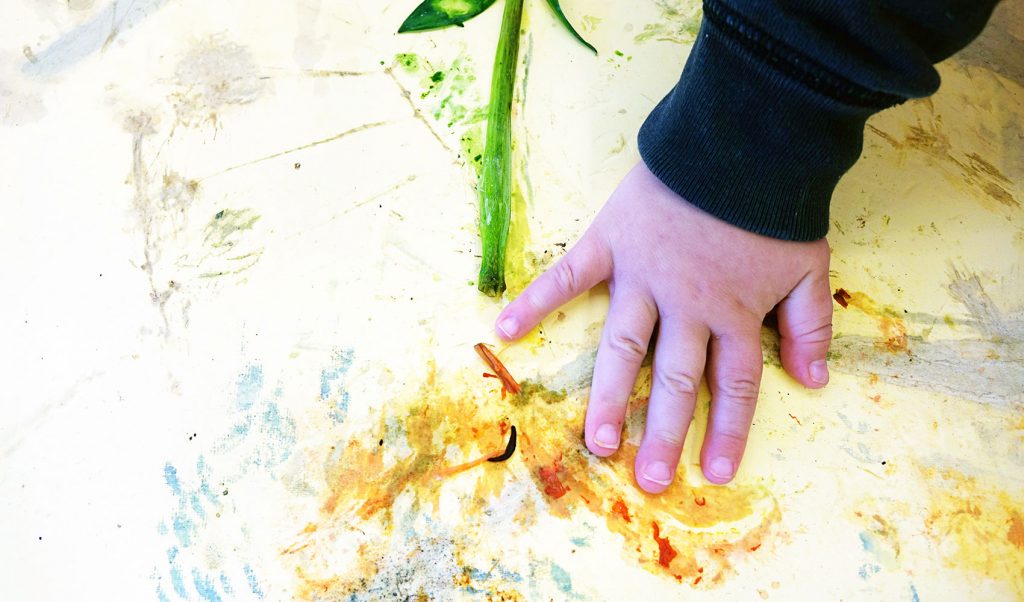
Where to begin?
Narrow your search to somewhere that is close to your home or where you work. Having your centre not too far away from one end or the other makes arrival and departure times more manageable. There’s a great deal you can learn about an Early Childhood Education and Care Centre without having to know lots about the intricacies of legislation, policies or procedures. You can find out about a place by reading about them on their website or social media and checking out reviews on Facebook and Google.
Be aware they’ll be showcasing the best of themselves and that comments from parents should be taken with a grain of salt. Like everything else on the internet, reviews are written from someone’s perspective. As such, it’s important not to let one less than stellar review or one glowing ‘5 stars’ sway you too much either way. The choice that you make needs to be an informed one.
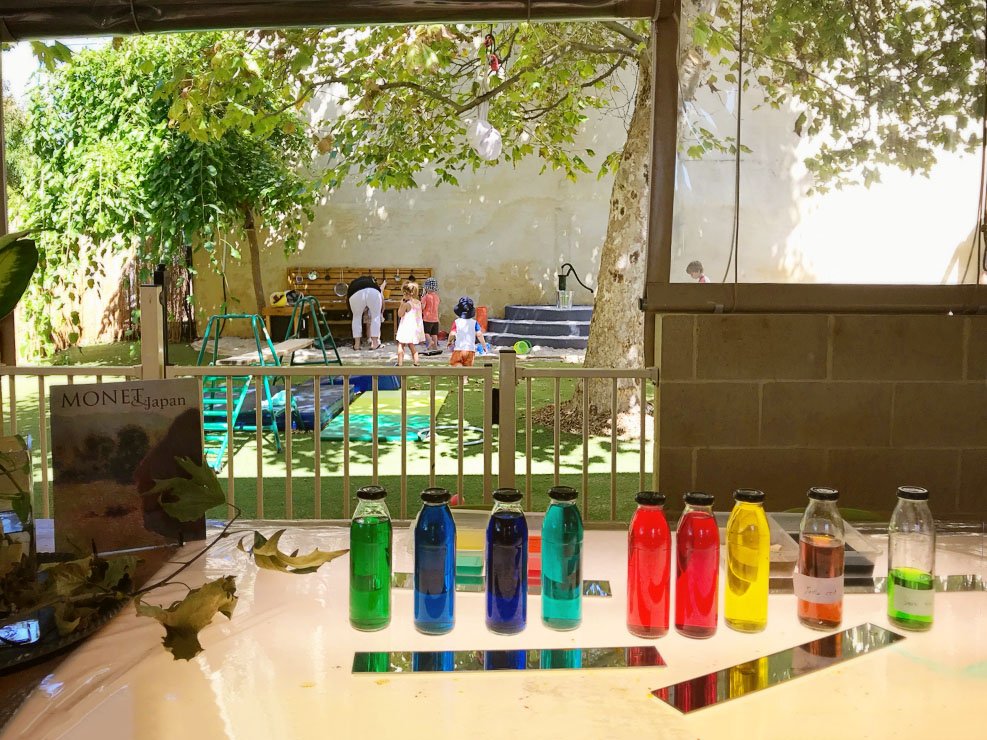

One thing you must do is visit more than one centre. Regardless of how excellent the first place is, or how happy your neighbour is with ‘Fluffy Bunny Hugs’ down the road, visiting at least two different locations will give you a more comprehensive perspective.
How do I know if the centre is suitable or not?
Nothing beats going into the building, talking to the Manager and Educators and seeing the centre in full swing. Some centres will let you drop in, but most good centres will ask you to make an appointment so that you can be part of a small group tour at a time of day that allows you to see the centre in full operation but minimises the disruption for the children.
This makes a lot of sense when you think about it; How much could you possibly learn about what your Toddler might be doing at childcare, so you can compare with another, if they are all asleep when you tour? Very little.
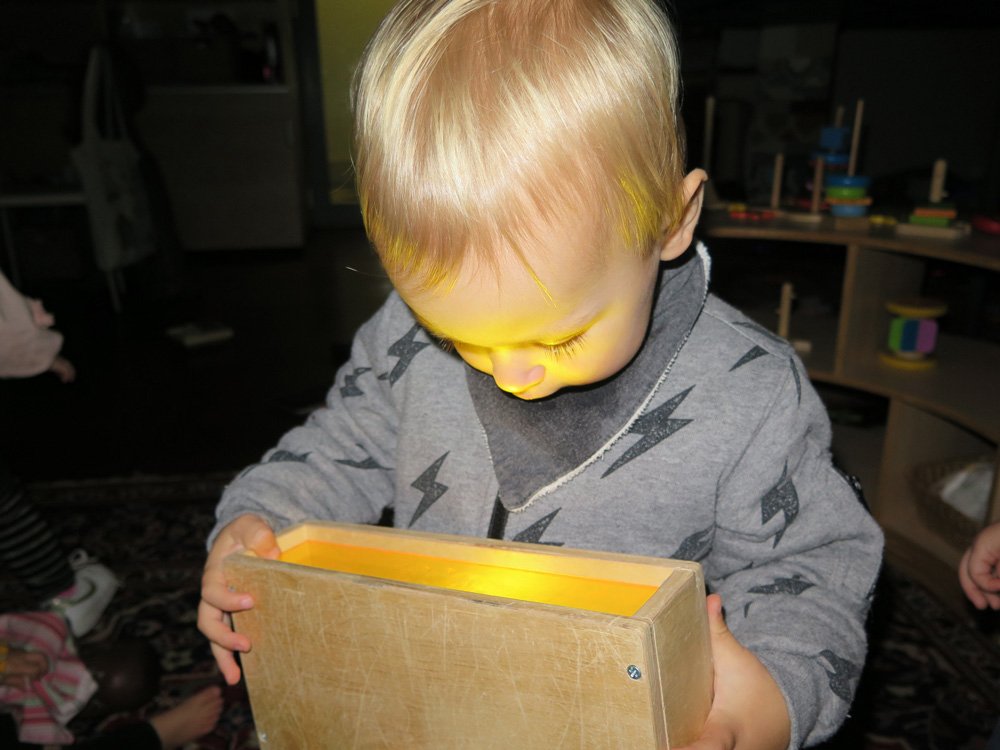

I’m not sure what I’m looking for
One thing you must do is tour more than one centre. Regardless of how excellent the first place is, or how happy your neighbour is with ‘Fluffy Bunny Hugs’ down the road, visiting at least two different locations will give you a more comprehensive perspective.
If you are new to childcare, you won’t have much to go on to begin with. By taking the time to look at two or more centres, you’ll see the childcare basics that (should) happen everywhere. This way you can pick the centre who exceeds these expectations and, most importantly, you’ll realise what was missing in the places you didn’t like.
Philosophy and Policy
It’s essential to find a centre whose philosophy does not conflict with your parenting style. Quality childcare centres have thoroughly documented philosophical approaches that are reflected in every aspect of the Early Childhood Education and Care they provide your child.
Ask the Manager how they document children’s learning and the thought processes behind their practices. Many centres are offering Montessori or Reggio Emilia inspired programmes. It can help to know a bit about these philosophies and methods to see which align with your personal beliefs.
Checking policies can also be crucial when deciding which centre to use. Ask questions about how they choose to deal with discipline as well as how they manage children’s need for food, rest and sleep. Children get the most out of care when there is an open exchange of information between the home and care environment. Ask lots of questions. They should be happy to answer whatever you ask of them.
If a centre advocates visual arts as being central to their programme, ensure there’s a dedicated space for this to occur, not just a table with paints on it.
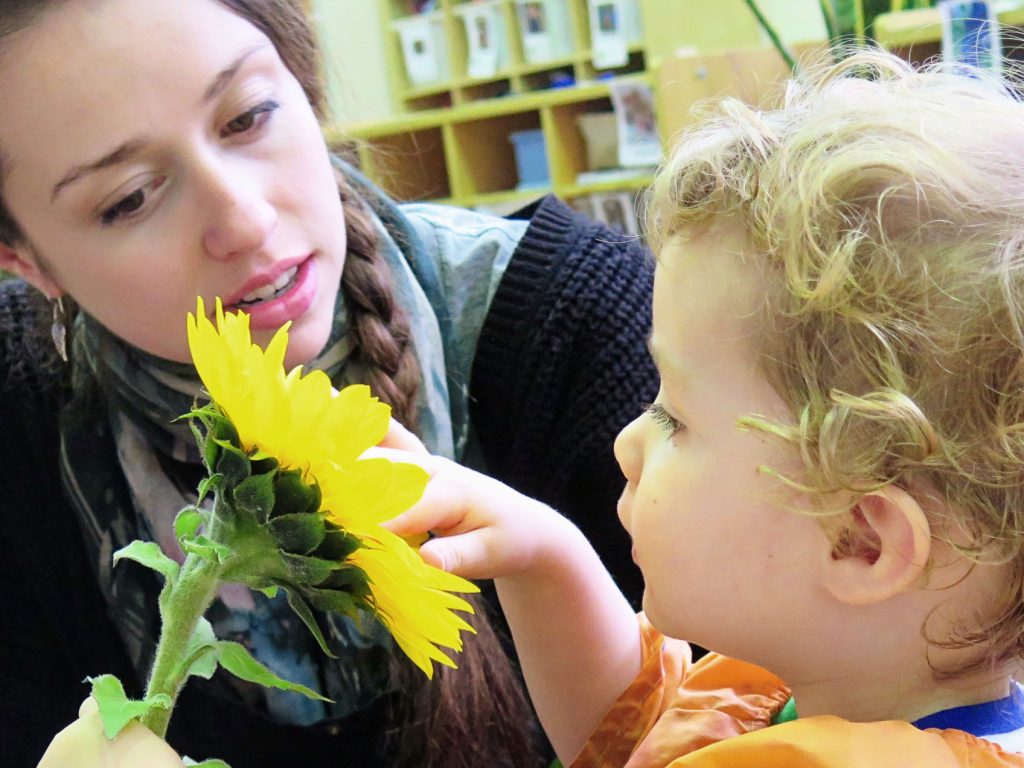

Professional Staff: A Choice
Just about anyone in the centre should be able to answer your questions. You’ll often be paired with a Manager or Lead Educator during tours as they’re generally the most experienced and ready to confidently explain what can be very complicated concepts. Everyone who works in an Early Childhood Education and Care centre has a formal qualification or is currently studying for that qualification.
In high-quality centres, continuous professional development is encouraged and at times compulsory for staff. Learning is open-ended for childcare professionals, and you will often hear about staff spending nights and weekends in pursuit of further training. Some will pay their staff to attend training outside of work hours. Most do not.
Putting it into Practice
Once you know more about your chosen philosophy, especially when you have seen more than one centre, you can then see if what they say they do is what they do.
If they talk about small groups, do you see small groups of children actively involved with an educator?
If a centre advocates visual arts as being central to their programme, is there a dedicated space and resources for this to occur, or just a table with some paints on it?
If they talk about empowering your child to make choices in their world, can you see that occurring or are children just herded from outside to the lunch table on mass, regardless of if they have finished playing?
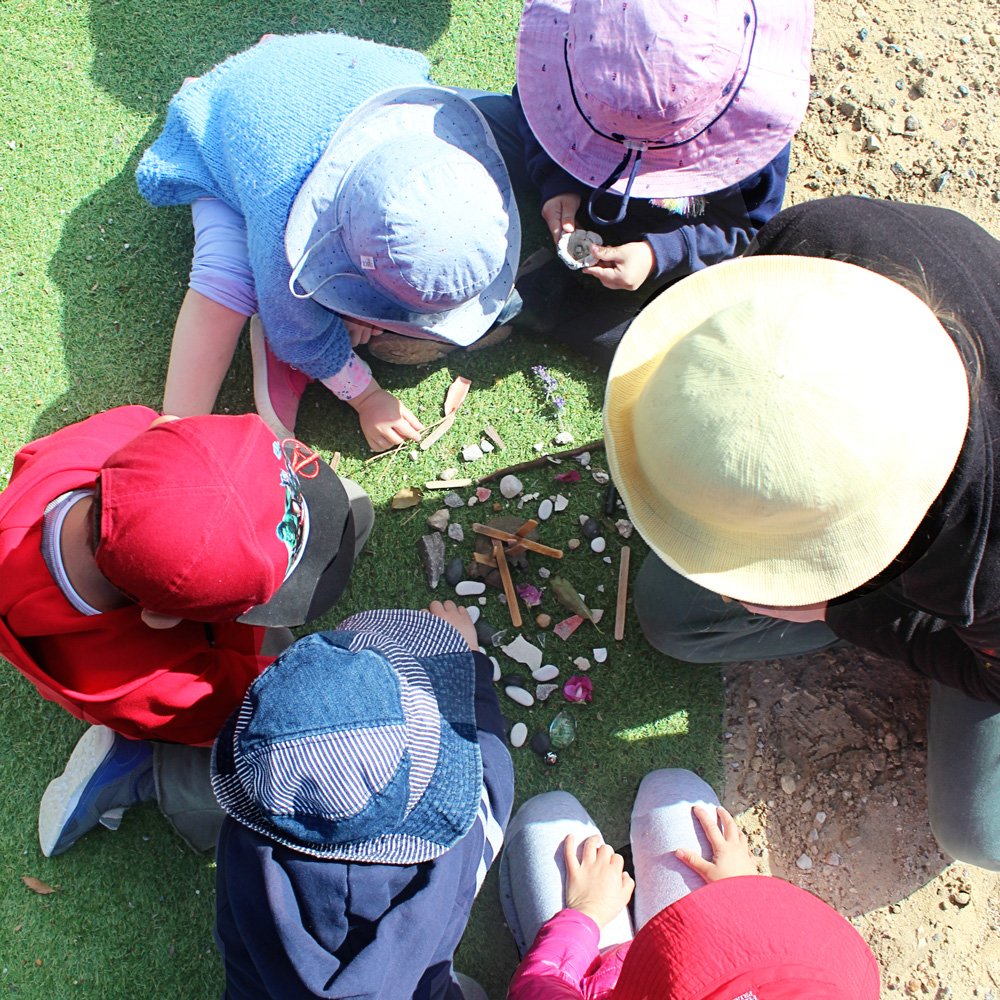

Educators
Chatting to Educators when you visit the centre is essential, but also try and observe them. Are they attentive and caring to the children? Are they sitting down and interacting with children at the child’s level? Or are they standing tall and chatting meaninglessly amongst themselves?
You need to take the things you see in context with the rest of your experience. Just because you see a child sitting on the floor crying, and the educator doesn’t seem to be able to make them stop, does not make it the wrong place. That could be that child’s first day in care EVER. That could be a staff member who is new to the centre or has just changed rooms, so is unfamiliar to the child. However, if the educator does nothing about the crying child AND you see the educators standing in clusters all around the outdoor area while the children run in circles, AND the staff plonk the lunch down in front of the children and then talk amongst themselves, that may be enough to set your parent-senses tingling.
But what about when Staff leave?
Staff will always come and go over time, regardless of what people may say, and it is an inevitable facet of the workforce being predominantly younger women. They leave to travel, for further study, because of opportunities that arise for partners or family, to have children of their own, and many other personal reasons.
Your child may be upset when an educator they are particularly fond of moves on, but just like My Little Pony, Care Bears, Paw Patrol or the Wiggles, there will be someone else to take their place.
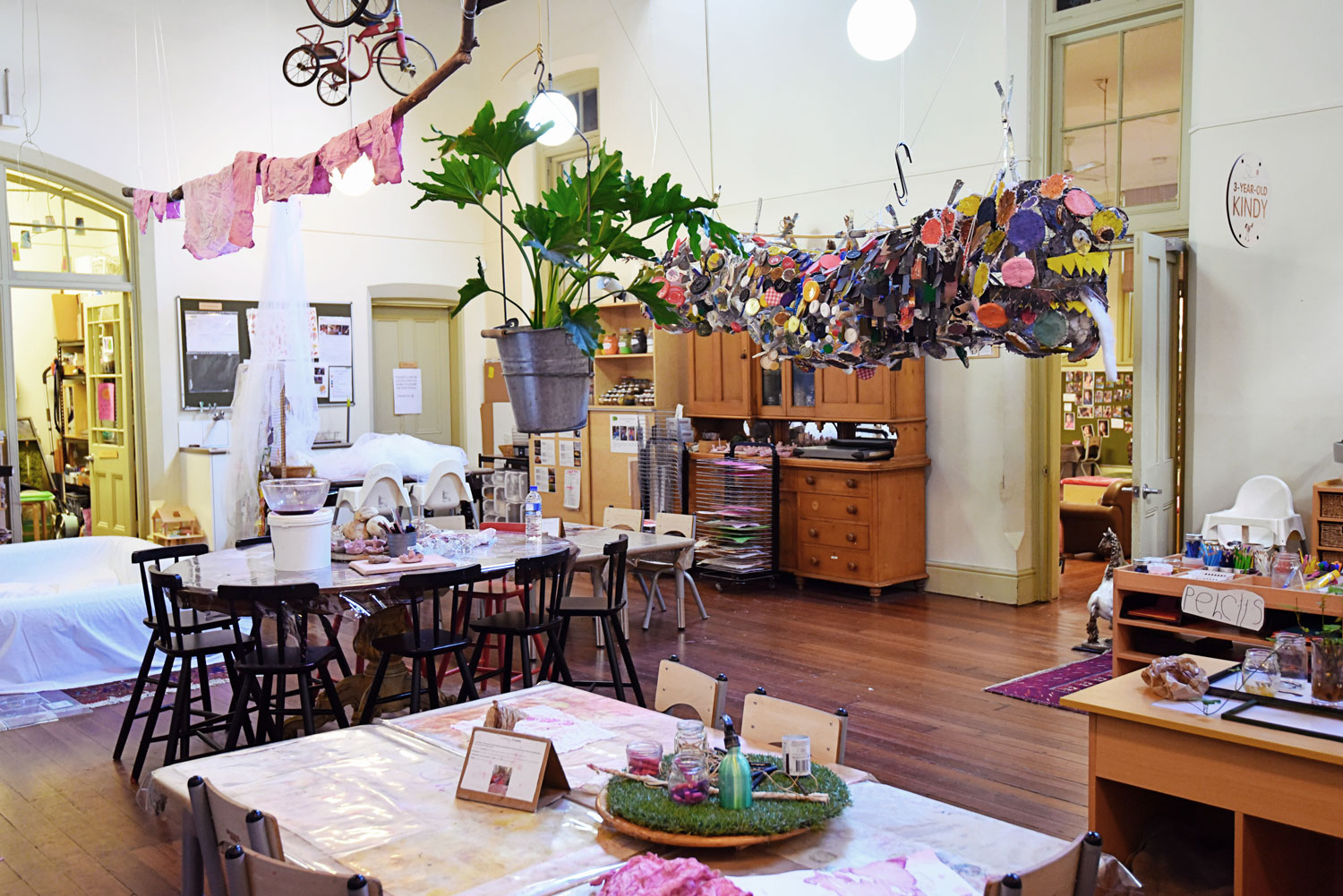

Environments
Children need a safe and stimulating environment that challenges and supports their learning. The centre should look clean and well maintained when you go and visit, and have play spaces with a variety of exciting things to do, including things like running and jumping, but also things like sitting and reading or construction activities. Clutter and disorganisation can disrupt a child’s ability to focus on a task, whereas beauty and order allow children both the physical and intellectual space to choose and explore.
Take notice of who is doing what too. If the educators are telling the children that ‘they are finished’ and are just rotating them through an experience (painting perhaps), then maybe they aren’t paying as much attention to what the children want as they should be. If the children are sitting at a table scribbling with broken pencils on random bits of paper, which they put into their bag after 15 seconds of marking with the only texta that is working, is that area really set up for those children, following their interests, or is it just busywork to keep them occupied while the educator decides what she might have for lunch in 25 minutes?
High-quality childcare centres will give you advice about what to expect on the first few days, how to cope and how to minimise the almost inevitable tears.


Food Choices
Providing nutritious and healthy meals is a given for any centre. You should be shown the menu and told about how they provide for children with dietary or cultural food needs. If they don’t show you, ask. Is the food prepared fresh daily? If it is important to you, is the food Halal? Are vegetarian options available? Is the food locally sourced and organic?
If your child has complex or severe food needs, ask about what alternatives will be offered for your child. Will everyone else get a range of chicken, fish, beef and vegetarian meals alongside a wide variety of fruit and vegetables, while your child’s restricted to Rice Crackers and Vegemite at every meal? A high-quality childcare centre will make adjustments to existing recipes to cater for your child. It may merely mean that they get the vegetarian version of the chicken dish for that week, but it will be the same sorts of foods.
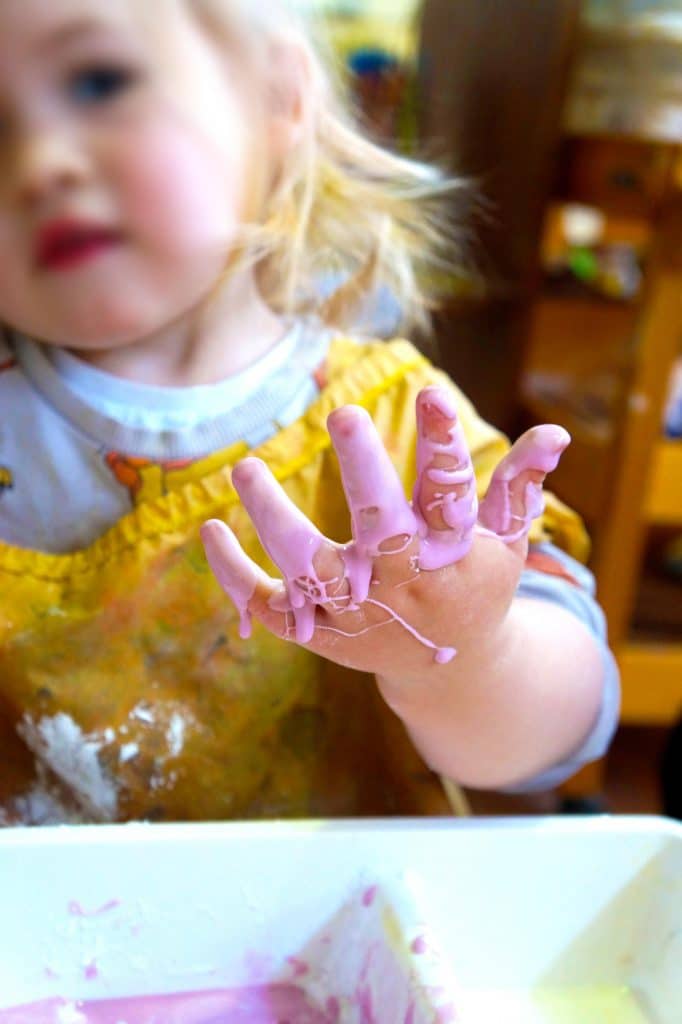

Separation Anxiety & Communication
Starting childcare can be a wondrous time of joy and happiness but, especially if this is your first time using childcare, someone is probably going to cry. It might be you, it might be your child (it may even be both of you), but it’s all new and exciting and a bit emotional.
It is developmentally appropriate and expected that your child might get upset at some time of the day. High-quality child care centres will give you advice about what to expect on the first few days, how to cope and minimise the almost inevitable tears. They should also offer to be an open point of contact, whenever you want, about how your child is doing and what they are exploring with their peers, telling you to call as much as you want.
The communication shouldn’t stop just because you have enrolled. You should be able to see examples of your child’s learning in the room, in journals and perhaps in electronic communication from the centre itself.
Cost, Flexibility & Availability
It’s crucial to find a child care centre that fits your needs. Compare your requirements as a family with the constraints you work under: whether that be cost, time or availability. There is no point finding the place of your dreams if you MUST be at work by 7:15 and it doesn’t open until 7:30. (No centre should allow you to drop your child off earlier than the hours they say they are open. It is illegal and dangerous for your child too. You are required to sign the child in and out of care every day).
Cost can be a significant factor when considering childcare. The government provides Child Care Subsidy (CCS) on your behalf to the centre, which reduces your out of pocket fees.
Ask the centre what’s included to compare what you get for your money at one centre to another. Visiting a couple of centres can help you weigh up what’s most important to you. One may be cheaper than the other, though just like purchasing a car, if you can see what that extra money is getting you, you can decide if it is worth it.
In Summary:
- It’s OK to put your child into a high-quality childcare centre so that you can return to work. It’s right for you, and it’s good for them too
- Choose a centre that’s either close to home or close to work
- Look them up on social media and check out their website
- Make an appointment to see the centre. Think about the things that you want to know about (write them down). If they don’t cover it, ask the question directly.
- Take notice of what the children AND the educators are doing. The children’s engagement or non-engagement is something to look out for
- Visit more than one centre, regardless of what you think of the first one. You need perspective to make an informed, comfortable decision.
- Trust your instincts. Choose the centre that feels right for you and your child.
